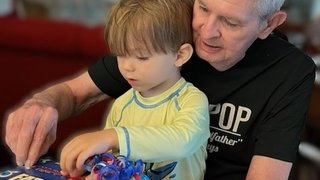
Finding the optimal medication and dosage for patients with depression can take months or longer. But now, thanks to the work of scientists at UT Southwestern’s O’Donnell Brain Institute, psychiatrists could soon have new tools at their disposal to help cut some of the guesswork out of treatment.
Dr. Madhukar Trivedi, Director of the UT Southwestern’s Center for Depression Research and Clinical Care, a cornerstone of the O’Donnell Brain Institute, has helped develop two new tools for matching an antidepressant to each patient’s unique biosignature – one a blood test, the other a brain scan.
“Currently, our selection of depression medications is not any more superior than flipping a coin, and yet that is what we do. Now we have a biological explanation to guide treatment of depression,” Dr. Trivedi says.
The blood test looks for levels of C-reactive protein (CRP). Patients with higher CRP levels in their blood were more likely to respond to a combination of medications than those with lower levels.
Now, Dr. Trivedi has shown that a brain scan can provide even more fine-tuned medication recommendations. A simple EEG can show whether a patient is more likely to respond to an SSRI medication, talk therapy, or even brain stimulation.
“This study takes previous research, showing that we can predict who benefits from an antidepressant, and actually brings it to the point of practical utility,” says Amit Etkin, M.D., Ph.D., a Stanford University psychiatry professor who worked with Dr. Trivedi.

Learn about other breakthroughs happening at the O’Donnell Brain Institute.










